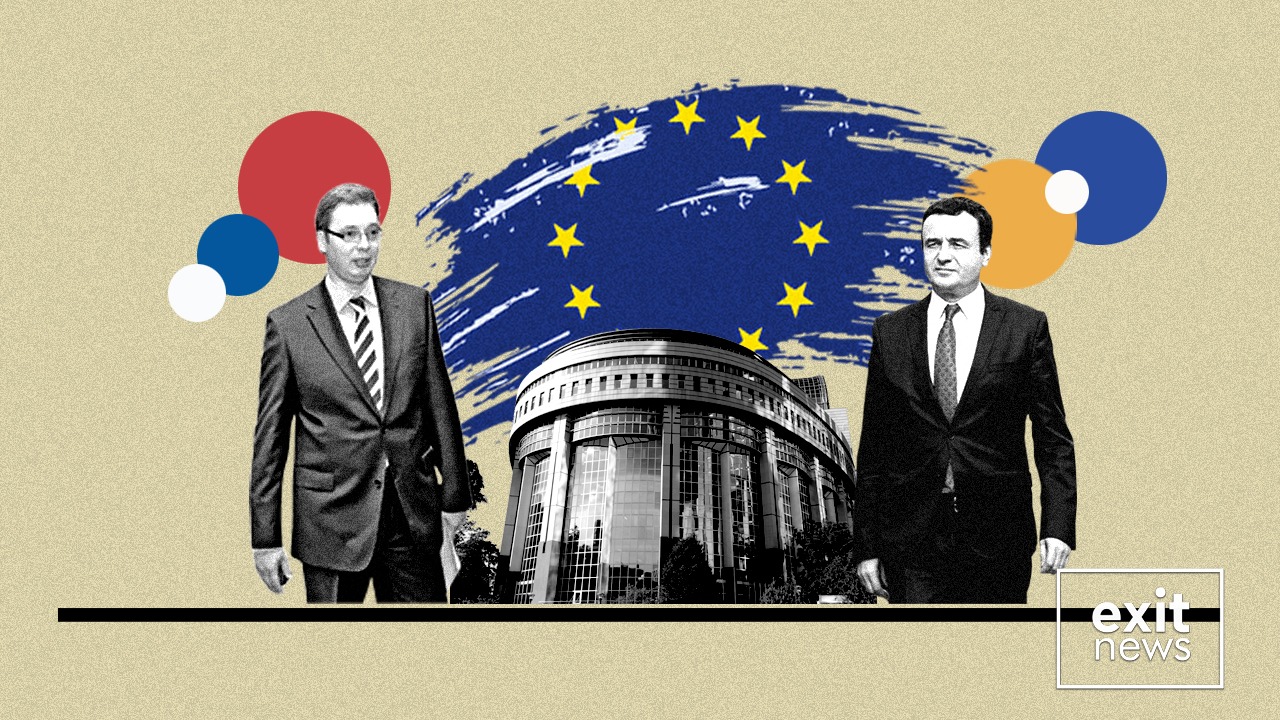
Miroslav Lajcak and Gabriels Escobar, the special envoys of the European Union and United States, respectively, for the Kosovo-Serbia dialogue, are visiting Prishtina today to discuss next steps with the country’s leaders.
The EU-facilitated dialogue launched 11-years ago and has yielded 33 agreements, only a few of which have been implemented, and partially at that. Both parties trade blame regarding this, with Kosovo claiming that Serbia has failed to implement nearly all agreements. Meanwhile, Serbia has focused its criticism on a single agreement on the establishment of an association of Serb-majority municipalities in Kosovo.
Today’s diplomatic mission sees the EU and US join forces to push forward a process that has shown little concrete results in over a decade. The joint visit also marks a change of strategy for the US, which under President Trump had worked more independently—rather than in conjunction with the EU—to strike a deal between the two countries.
Lajcak and Escobar will meet with Kosovo President Vjosa Osmani, Prime Minister Albin Kurti, political party leaders and civil society during their 3-day visit. They will then visit Belgrade for the same purpose.
Josep Borrell, the EU top diplomat, has been critical of Kosovo for not establishing the Association of Serb Municipalities as agreed in 2013, and whose details were drawn in 2015.
Both Kurti and Osmani have firmly refused to allow the establishment of a Serb-only association of municipalities with executive powers that would rival the central government. Their argument follows the decision of the Kosovo Constitutional Court in 2015, which deemed such association in breach of the constitution because it was not inclusive of other ethnicities and had executive powers.
Following Serbia’s demand, last week Borrell pressured Kurti to prioritize the establishment of the association, claiming that the rest of the unimplemented agreements are less important.
Kosovo authorities fear that an association acting like a parallel government would turn the country into a dysfunctional state comparable to Bosnia and Herzegovina.
The two envoys are expected to discuss possible proposals for the establishment of the association in compliance with the Kosovo constitutional court decision, according to unconfirmed sources cited by local media. That would mean no executive powers for the association. However, no such model has been made public.
The joint EU-US attempt for a fresh push to a dialogue that has stalled for the last six months could hardly bring any tangible results before the April general elections in Serbia.
Kosovo wants the dialogue to result in the country’s recognition by Serbia, which the latter categorically denies as an option. The EU says it’s facilitating the “normalization of relations” – a vague phrase that fails to address the main point under contention.
Lajcak and Escobar will also visit Belgrade after Prishtina.
Read more: Borrell Pressures Kosovo ahead of Envoys’ Visit over Dialogue with Serbia

